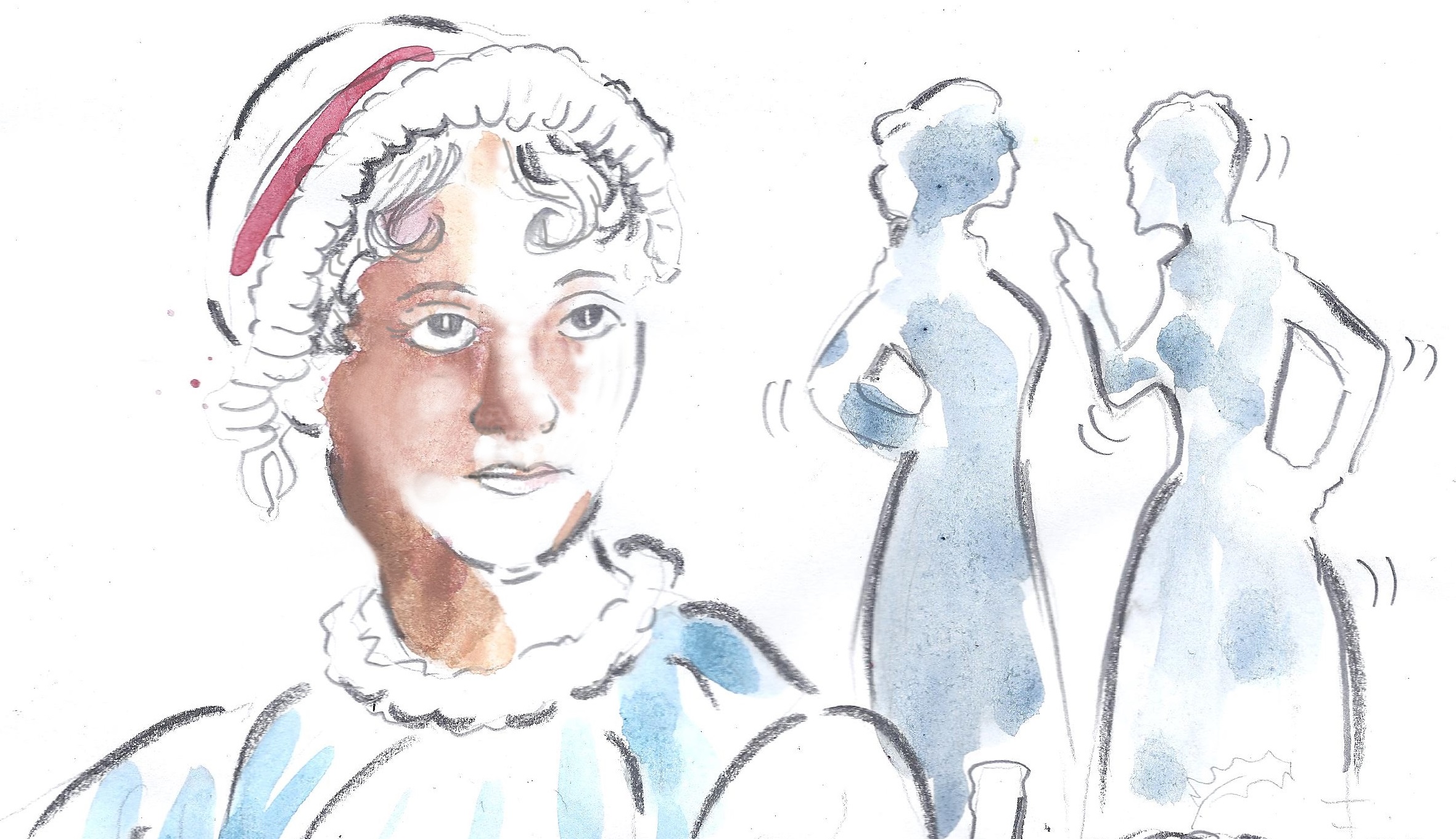
Christmas starts in August and ends on Christmas Eve about tea time – or so it would seem if you studied the festive aisles of some supermarkets. In the last 50 years the season has shifted forwards and ends in effect for many on New Year’s Day just seven days later. Traditionally Christmas began on Christmas Eve – or if you prefer on Advent Sunday which this year is on Sunday December 1st.
Advent Sunday is the first day of the liturgical year in the church and is the fourth Sunday before Christmas Day meaning it can fall on any date between 27 November and 3 December. So starting to decorate and prepare for Christmas in late November isn’t quite as modern as we may think although most resist the temptation to put up any decorations and buy a tree until Christmas is only days away. Despite the falling away of the festive season when the bells stop ringing in the new year, most people still equate the end of the season with Twelfth Night and the 12 days of Christmas.

Charles Dickens is often credited with inventing our modern Christmas with his novelette The Christmas Carol but of course the season of celebration has been around since the Celts and before.
The generation before Dickens penned the story of Scrooge and Tiny Tim Georgian England was still within touching distance of a more ancient past. A time before Christmas trees, Christmas cards and turkey dinners.
For centuries Easter had been the larger of the two festivals heralding as it does not only the crucifiction and resurrection of Jesus Christ – but also of Spring.
At the turn of the 18th and 19th centuries the England of Jane Austen was only beginning to see the Industrial Revolution take place.Although in cities like Bristol with its docks, industries and coal mines and Liverpool and London with their rapidly growing populations there were no trains and the roads were still mainly rough and difficult in the winter.
Most people walked everywhere or if they had a horse they would ride or use a pony and trap. So inevitably socialising was kept local.
Christmas was being improved transformed with the arrival of new imports from hops to make beer, cherries and wine from France, oranges from Spain, and rum and sugar from the West Indies. Goose, duck, lamb, pork and rabbit were more likely to be eaten as the central meal along with a type of Christmas pudding steamed in muslim and various pies including the seasonal mincemeat. In Pride and Prejudice we read of a saddle of lamb being consumed at Christmas, while Jane Austen wrote in 1808 of her desire to drink French wine and to eat ice cream and to be ‘above vulgar economy.’
White soup also features in Pride and Prejudice when Bingley decides to throw a ball for the local gentry much to the disgust of his sisters – and insists Lydia Bennet names the date. It’s a dish that’s long overdue for a comeback. Originated in France it was known as Pottage a la Reine (Queen’s Soup) and it consisted of two stocks – one of almonds and the other of chicken.
Pickles, smoked hams, cheese, sweets and nuts were put out on sideboards while holly and mistletoe were used to decorate the houses and cottages of the area. Although Christmas trees were a feature in Prussia, England had to wait until Prince Albert introduced the custom some decades later. And it seems that the country in 1800 was yet to embrace stockings and Santa Claus which came over from Holland in the years that followed. Father Christmas however was part of the folklore of the season – and had been around since at least medieval times dressed in green and covered in mistletoe – providing a link to a pre-Christian past.

And so with the table set, the fire stoked up and mass attended the festivities could begin with feasting and parties for several days – marked with a lot of walking to visit relatives close by. On Twelfth Night celebrations included games involving a Lord of Misrule, the choosing of children to be a king and a queen while charades were shouted out, punch and cider were knocked back and a Twelfth Night Cake was munched. The next working day was known as Plough Monday when reluctantly the majority of ordinary folk had to go back to work.
For Jane Austen it was also a relief. After having put up with relatives descending on her for several days she spoke for many when she wrote to her sister Cass: ‘When you receive this, our guests will be all gone or going; and I shall be left to the comfortable disposal of my time, to ease of mind the torments of rice puddings and apple dumplings and probably to regret that I did not take more pains to please them all.’
There’s more from Harry Mottram and Raspscallion magazine plus othe news, views and reviews at www.harrymotrram.co.uk
Follow Harry on Facebook, Twitter and God knows where else.


You must be logged in to post a comment.